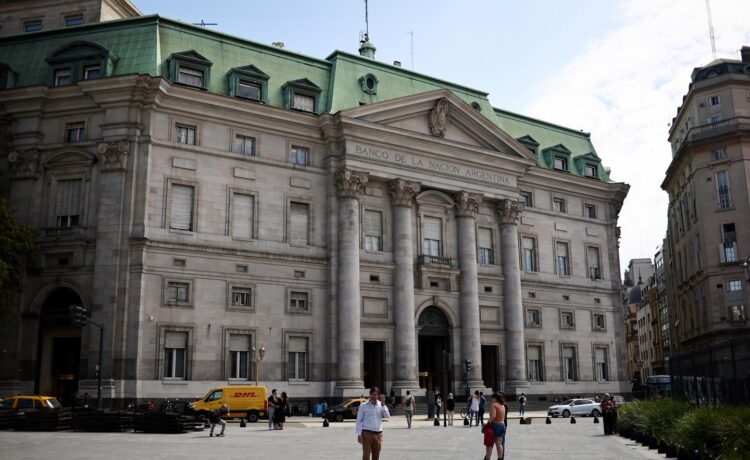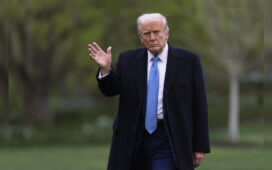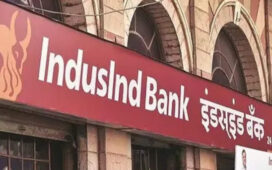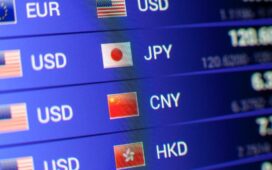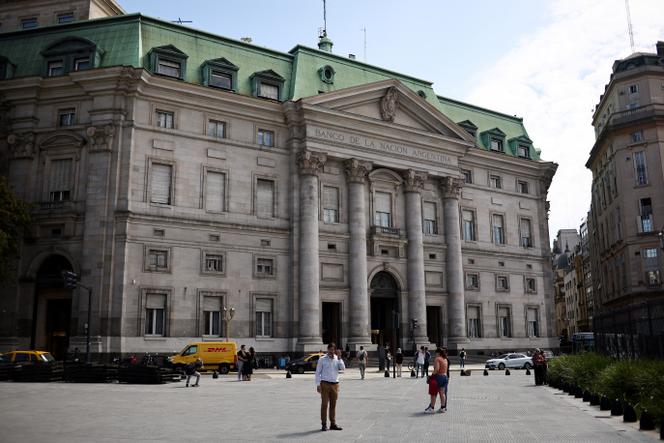
Argentine President Javier Milei’s economy minister announced on Friday, April 11, that the libertarian government would lift the country’s strict capital and currency controls in a few days, a high-stakes gamble made possible by a new loan from the International Monetary Fund.
In a nationally televised address, Economy Minister Luis Caputo also said the IMF’s executive board had decided to approve the $20 billion bailout package announced earlier this week, which offers a lifeline to Argentina’s dangerously depleting foreign currency reserves.
“The agreement will allow us, starting Monday, to lift the exchange rate controls that so severely limit the normal functioning of the economy,” Caputo said from the government headquarters in Buenos Aires.
The capital controls, known here as “el cepo,” or “the trap,” are a tangle of regulations that help to stabilize the peso at an official rate and prevent capital flight from Argentina.
Imposed by the previous left-leaning administration in 2019, the restrictions curb individuals’ and companies’ access to dollars, discouraging the foreign investment that Milei needs to achieve his goal of transforming heavily regulated Argentina into a free economy. They’ve also created a vast black market for the US currency.
In the place of exchange controls in place since 2019, the peso will be allowed to float within a band of between 1,000 and 1,400 pesos to the dollar, the Central Bank said in a statement.
The $200-per-month limit on Argentines accessing greenbacks will also be lifted, it said.

